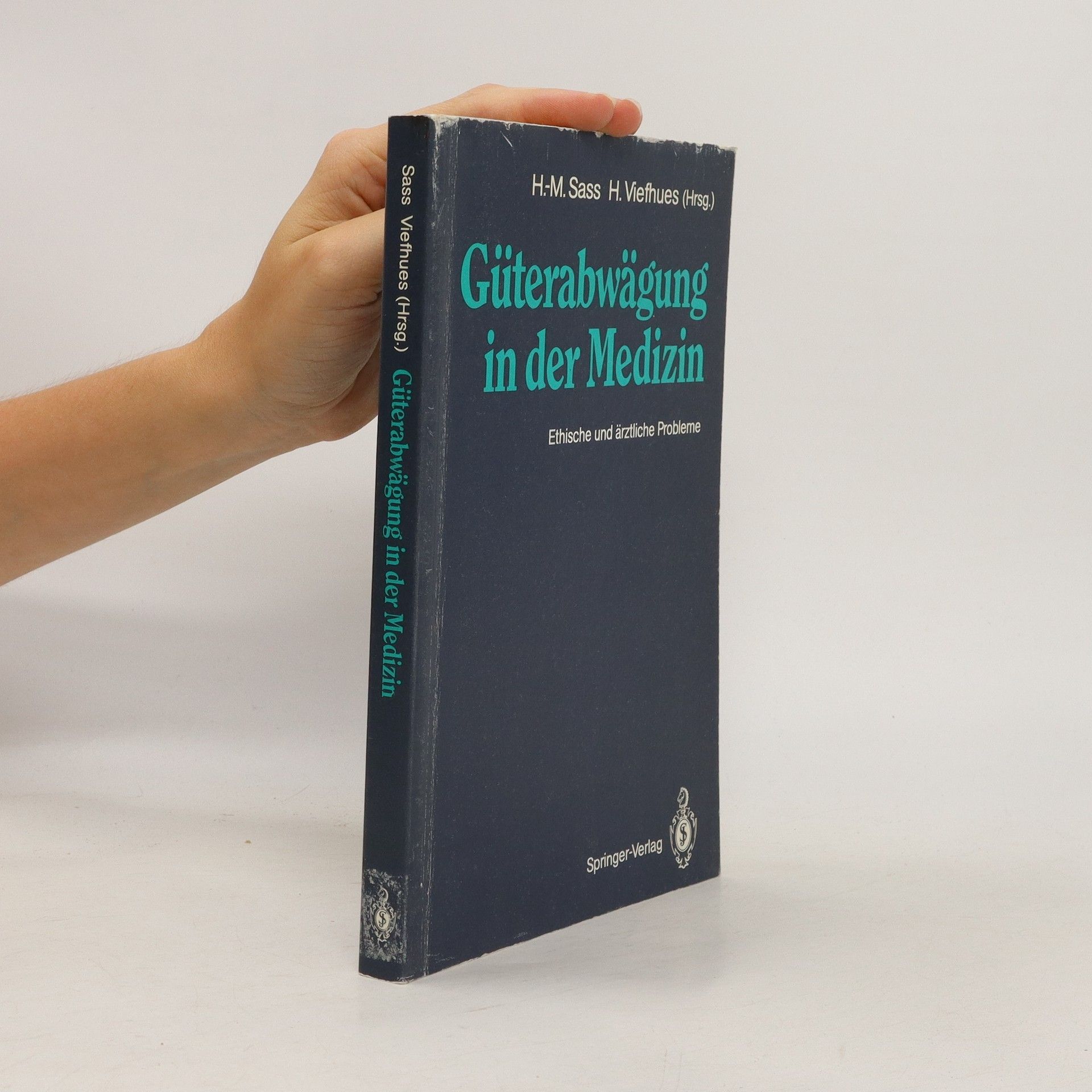In 1926, the German pastor Fritz Jahr in Halle coined the term `Bioethik' and defined a `Bio-Ethical Respect every living being as an end in itself and treat it, if possible, as such.' Bioethics since then has grown from medical ethics and social and political strategies to multidisciplinary and integrated disciplines of research and consulting. In 2020, reflecting and mediating the interactive and integrated ecosystems and interactive networks in biology, society, business, technology, and communication, I submit a wider integrated biocultural, corporate, and political `Bio-Cultural Support direct human inter-action and common-sense as an end in itself and use hardware and software tools only in stabilizing healthy and happy cultures in the bodies of ecologies, corporations and politics.' In 1969 a human walked on the moon, in 1989 the Berlin Wall fell down, in 2001 the World Trade Center in New York fell down, in 2020 a global Corona pandemic fell down on people and communities. Biological, political, and corporate bodies change, and we change with them and in `tempora mutantur et nos mutamur in illis.'
Hans Martin Sass Livres





Medizin und Ethik
- 392pages
- 14 heures de lecture
Reclam, Stuttgart, 1999. 398 Seiten, kartoniert, duodez - Gutes Exemplar -
Moderne und leistungsfähige Technik erfordert moderne und leistungsfähige Formen der ethischen Analyse und Bewertung von Technikentwicklung und -anwendung. Dieses Buch stellt Methoden der Güterabwägung in klinischer Forschung, Differentialdiagnostik, Ethik, Theologie, Philosophie und Rechtswissenschaften vor. Die differential-ethische Güterabwägung und die Methoden ethischer Kosten-Nutzen-Risikobewertung haben über Äie biomedizinische Forschung und humanmedizinische Versorgung hinaus große Bedeutung für ein moralisches Verantwortungsbewußtsein auf allen Gebieten der modernen Technologie. Das Buch wendet sich an Kliniker und Forscher, Philosophen und Theologen, Manager, Politiker und alle, die ethische Risiken in komplexen Entscheidungssituationen abzuwägen haben.
Systematische Beiträge: Atheismus in der Diskussion
Kontroversen um Ludwig Feuerbach
- 280pages
- 10 heures de lecture